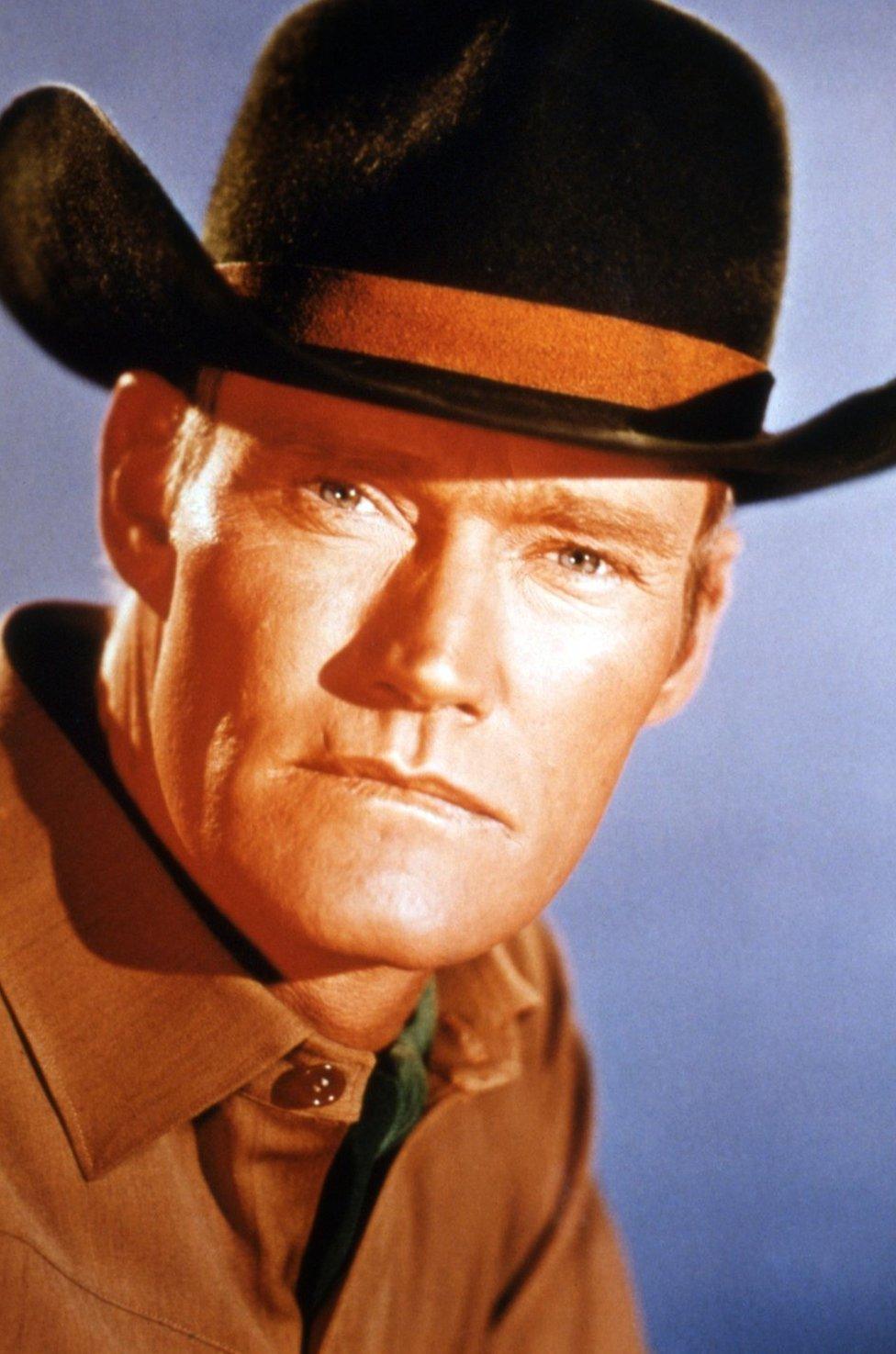The Vocabularist: The red-hot history of the word 'brand'
- Published

Brand has developed steadily from its fiery Anglo-Saxon roots into two almost contradictory meanings - sometimes denoting identity and reputation, and sometimes a mark of shame, writes Trevor Timpson.
Recent headlines said the Labour leadership contest had been "branded a shambles" while hopes were expressed that Jeremy Corbyn could "detoxify the Labour brand" in Scotland.
"Identity" and "reputation" are Latin - worthy but a little stuffy. Brand is English and hits the spot for both meanings with its sense of a mark burned on someone or something.
Since Anglo-Saxon times it has meant first "fire" and then a stick or other article lit from a fire.
Wycliffe's Bible translation of 1395 tells how Samson tied "brondis" to the tails of foxes to let loose in the Philistines' corn. Coverdale's translation of 1535 calls them "fyre brandes".
Brand as a verb meant to mark with something from the fire. Criminals and dissidents were regularly branded on the face in the 17th Century with the initials of their offence - FA for False Accuser, SL for Seditious Libeller, and B for Blasphemer.
Others were branded when they received a reduced punishment, so that they could not enjoy the reduction again.
Later, branded came to mean "shamed", "marked for ill-doing" without anyone actually being burned.

Chuck Connors was "Branded, scorned as the one who ran"
Chuck Connors personified the word in the 1960s TV series Branded, in which he played a cavalry officer unjustly cashiered for cowardice.
It wasn't just people who were branded; so were animals and the containers of goods - to denote ownership, or to mark merchandise from a particular origin or supplier.
Oyster merchant Richard Ryder, in his adverts of the 1780s, proudly recorded of his barrels: "I beg leave to caution the publick, that none but what have my name branded on the top come from me."
By the mid-19th Century a brand could simply be a particular kind of goods. Thackeray wrote in The Virginians (1859): "There's no sweeter tobacco comes from Virginia, and no better brand than the Three Castles."
Modern business jargon is in love with the word "brand". This week saw a claim that a firm was sponsoring the Rugby World Cup to "sex up a pretty functional brand".
The theme song of Chuck Connors' Branded ran: "What will you do if you're branded - will you fight for your name?"
Now the question could be: "Will you reposition your brand?"

The Vocabularist
•The peculiar names of punctuation marks
•Is it OK to be a 'buccaneer'?
•How 'tunnel' went from France to England and back
•'What is radical about a radish?
•'Surveillance' - sinister and very French
Select topic "language" to follow the Vocabularist on the BBC News app

Subscribe to the BBC News Magazine's email newsletter, external to get articles sent to your inbox.